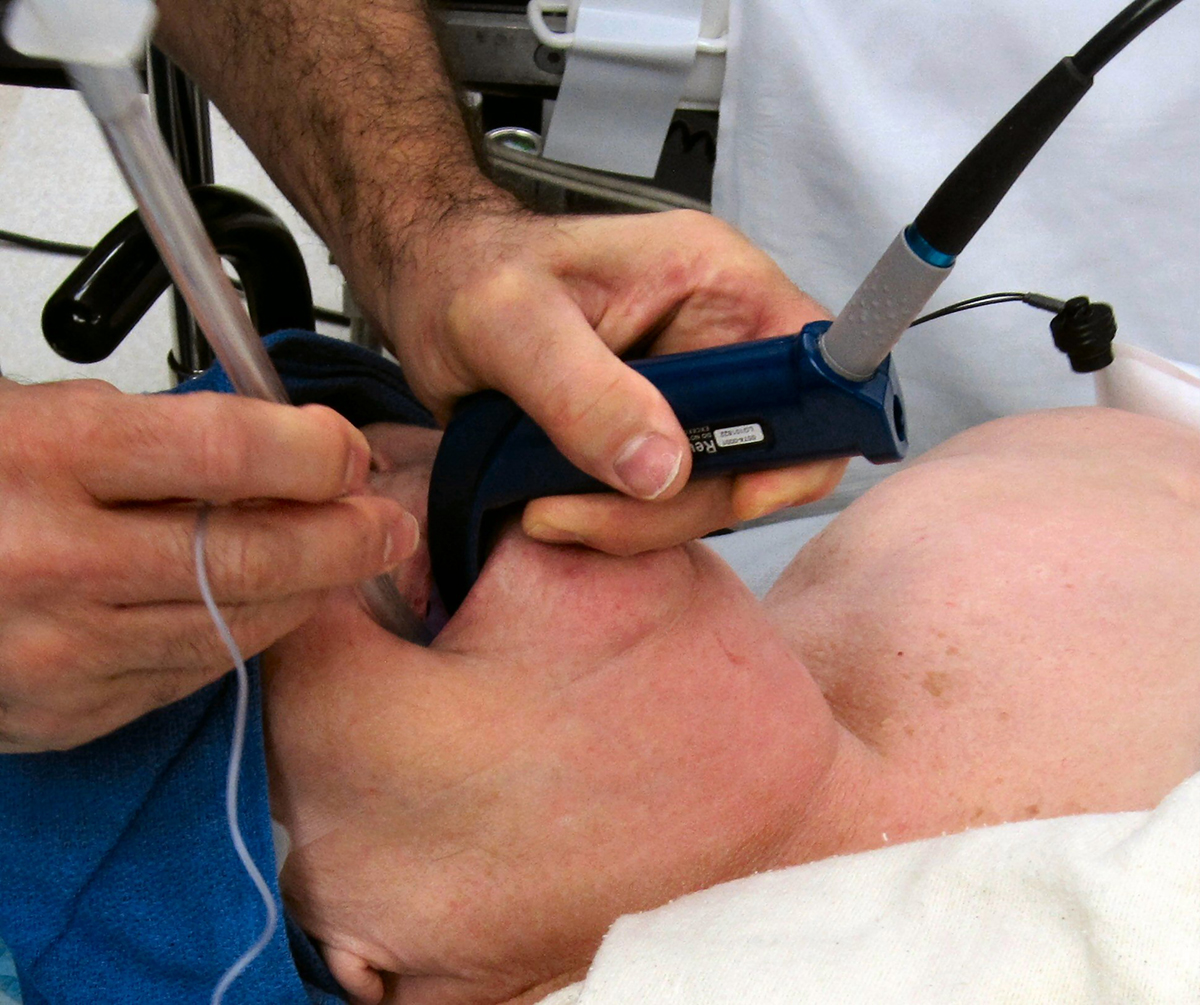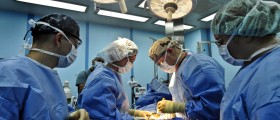
Why is bariatric surgery used for morbid obesity?
Bariatrics is the field of medicine which deals with overweight people. The majority of people whose weight has got so much out of control find it difficult to lose any by conventional methods that they are required to turn to surgery. Bariatric surgery for morbid obesity can be restrictive, which means that it causes weight loss by decreasing the capacity of the stomach, and malabsorptive, which decreases the amount of nutrition that the body absorbs from the intestine.
The course of treatment for morbid obesity
Whether one decides to surgically regulate the weight or not, a change in the lifestyle which led to such condition must be introduced. This is not only to lose the weight, but also to start leading a healthier life which consists of a proper diet and regular exercise. Although this kind of behavior should be followed in any case, it may not always lead to permanent weight loss. Sometimes morbidly obese people even turn to drugs in order to lose weight, but they also provide only short-term results in the majority of cases. That’s when the surgery sounds like the only possible option.
The surgery used to take care of morbid obesity
As stated before, there are various types of bariatric surgery which deal with morbid obesity. Those are restrictive bariatric surgery and malabsorptive bariatric surgery.
Restrictive bariatric surgery affects the amount of food that the stomach can take and digest at a single time. What is done during this surgery is that a small gastric reservoir is created with the purpose of being able to obtain smaller amounts of food while digesting normally.
Malabsorptive bariatric surgery Abridges the length of the digestive tract so that it would receive a significantly smaller amount of calories and nutrients. The procedure itself involves setting up a gastric bypass, as well as performing a gastric reduction procedure.
Finally, perhaps the best results when dealing with the condition of morbid obesity can be achieved with the combination of both restrictive and malabsorptive surgeries. This would most definitely have the most effective results.
















Your thoughts on this
Loading...